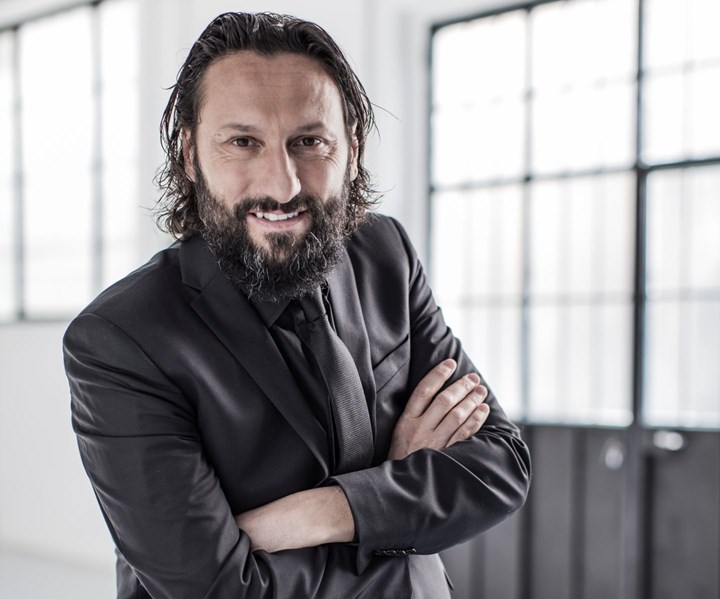7 Muda Wastes Every Machine Shop Should Eliminate
Applying lean manufacturing concepts, the Flexible Production method can help put a stop to production wastes, specifically for those who use transfer machines or machining centers.
Muda (無 駄) is the Japanese term that indicates and identifies all the activities of production that do not add value and, in many cases, decrease productivity. Not only can a specific production activity be inefficient, but it could also seriously compromise the performance of other areas.
Muda is part of the concept of lean manufacturing, which is the basis of the Toyota Production System. This approach creates a process that aims to produce only the goods or services requested by the customer and for which he is willing to pay. In this business philosophy, we can identify seven main wastes (the seven Muda).
Defects are errors of execution that cause the need to fix or remake parts, including the production of unnecessary parts. The effort necessary to look for these defects is a waste.
Overproduction concerns the production or acquisition of goods before they are required.
This waste is dangerous because it tends to hide production problems. Overproduced pieces must be stored, managed and protected, thus generating other waste. Overproduction is the main cause of the warehouse problem that is affecting companies. In fact, the warehouse, if redundant and badly managed, can represent a huge cost and waste for the company and for the financial liquidity that could be available for investment.
Transportation—Every time a product is transferred it risks being damaged, lost or delayed. This product movement becomes a cost that does not produce value.
Waits refer both to the time taken by the workers while waiting for the resources to be available and to the capital immobilized in goods and services that have not yet been delivered to the customer. Once again, the liquidity of the company is under attack, and fixed capital turns into further costs and waste.
Stock—Inventories, whether in the form of raw materials, material in process (WIP), or finished products, represent a capital that has not yet produced a gain for either the manufacturer or the customer.
Movement refers to workers and machines that can suffer damage, lose value from wear, and cause additional waste by requiring management and security.
Unnecessarily expensive processes—Using more resources than necessary for production activities or adding more features, in addition to those that are originally required by the customer only produces waste. Operators who are more highly qualified than necessary to carry out the required activities generate costs to maintain their skills that are wasted in the implementation of less qualified activities.
These wastes must be managed immediately to help a company or production department make a leap in quality and begin dealing with new challenges using methodology that the market requires. All of these points can be resolved using the Flexible Production method, which was developed to apply the exceptional concept of lean manufacturing to machine tools, and specifically for those who use transfer machines or machining centers. The Porta Solutions’ Multicenter is a result of this work. It is a flexible machine with three spindles, a higher output than a machining center (as much as 3.5× higher) and more flexible than a transfer machine.
Moving from machining centers or transfer machines to production methodology that flexible machines offer, we can specifically address each of the seven wastes:
Defects—The design philosophy of the flexible machine contributes to the elimination of the waste of unnecessary part production through efficient and fast machine change-over.
Overproduction—By producing only the products sold, the flexible machine eliminates the need to store and manage excess inventory.
Transportation—With as many as 120 tools available, the flexible machine allows the machining, deburring, washing, quality control and sometimes semi-assembly of parts of the component, eliminating many intermediate part movements.
Waits—Again, change-over speed and flexibility in retooling significantly reduce time to market (the necessary time between the customer’s order and the delivery of the requested material).
Stock—The flexible machine is designed to produce only sold products and nothing more.
Movement—The more machines and operators that are involved, the more waste there is. The flexible machine aims to work, deburr, wash, and inspect the piece in a single process, eliminating operations and waste that would otherwise occur with additional machines and labor.
Unnecessarily expensive processes—Through automation, the flexible machine reduces costs by bringing together multiple processes into one.
Through the application of lean manufacturing concepts, Flexible Production methodology can assist a shop in tackling all seven wastes.
About the Author
Maurizio Porta
Maurizio Porta is the CEO of Porta Solutions and master trainer of the Flexible Production method. Porta specializes in manufacturing and assembling flexible machines, focused on designing competitive production processes based on the Flexible Production method.
Read Next
A Different Kind of Machining Center
If one horizontal machining center is good, then three on a single platform should be better, right? That’s the thinking behind the Multicenter concept from Italian builder, Porta Solutions. It blends the volume production capabilities of rotary transfer technology with the flexibility of a machining center in a single platform.
Read MoreEmerging Leaders Nominations Now Open
Here’s your chance to highlight a young person in your manufacturing business who is on the path to be a future leader moving your company forward.
Read MoreA Tooling Workshop Worth a Visit
Marubeni Citizen-Cincom’s tooling and accessory workshop offers a chance to learn more about ancillary devices that can boost machining efficiency and capability.
Read More











.jpg;maxWidth=300;quality=90)







